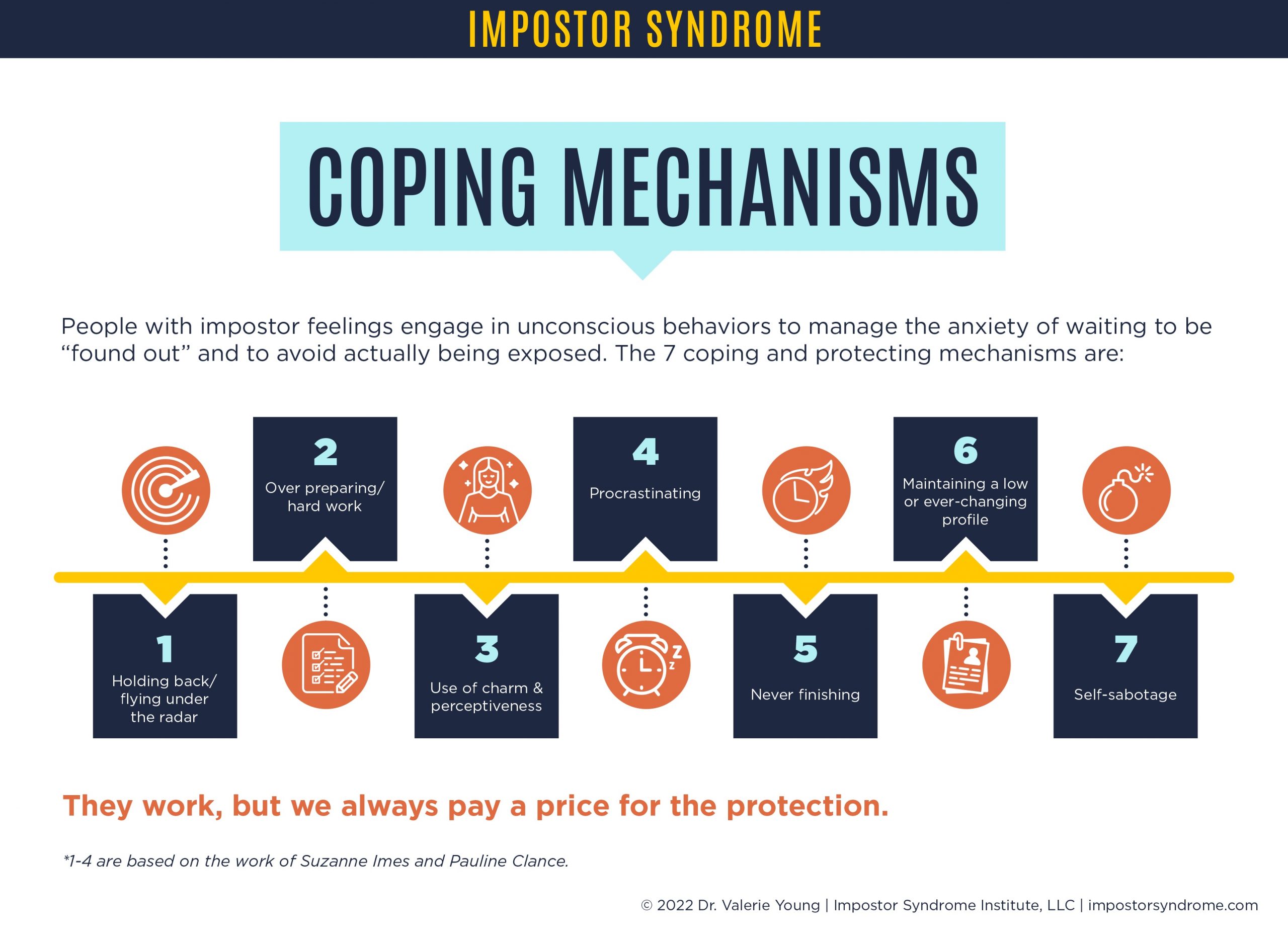Why do some individuals struggle with emotional dependency or impostor syndrome? Psychological research provides valuable explanations into these behaviors, revealing how they develop and how to overcome them.
Through this exploration, we will examine the psychological mechanisms behind dpendencia emocional procrastination, dependencia emocional é uma doença emotional dependency, and impostor syndrome. By understanding their underlying causes, you can start to address them effectively.
The Neuroscience of Procrastination
Procrastination is often misunderstood as simple laziness; it’s a complex psychological phenomenon. Studies in neuroscience show that the battle between the limbic system and the prefrontal cortex often leads to procrastination.

The limbic system, which governs emotions and immediate gratification, tends to override the prefrontal cortex. This results in prioritizing short-term comfort over long-term goals. Cognitive behavioral therapy (CBT) can help rewire these patterns.
What is Emotional Dependency?
Emotional dependency is deeply tied to attachment theory. According to research that childhood experiences and relational dynamics play a significant role in shaping dependency behaviors.
For example, people with insecure attachment styles may develop excessive reliance on others. To overcome emotional dependency involves addressing these attachment wounds through therapeutic interventions.
The Cognitive Science of Impostor Syndrome
Impostor syndrome stems from biased mental patterns, such as unrealistic self-expectations. Studies in cognitive science indicate that individuals with impostor syndrome exhibit thought patterns that undermine their confidence.

The constant fear of inadequacy and a reluctance to internalize achievements. Strategies like restructuring thought patterns and mindfulness-based stress reduction (MBSR) are scientifically backed ways to combat these feelings.
How to Overcome These Challenges Using Research-Based Strategies
Understanding the science is the first step, but implementing evidence-based solutions is critical. Here are some proven methods:
- Procrastination: Use implementation intentions—specific plans that link a goal to a cue, such as “If it’s 9 AM, I will start writing my report.”
- Emotional Dependency: Practice self-differentiation, a technique where you focus on identifying your own needs separate from others’ expectations.
- Impostor Syndrome: Keep a success journal to document your accomplishments and review them regularly to challenge distorted self-perceptions.
These approaches have been validated through extensive research, making them reliable tools for personal development.
Conclusion: Science as a Guide to Personal Growth
These challenges can be managed effectively when approached with a scientific mindset. With evidence-based tools and self-awareness, it’s possible to create lasting positive change.
The journey to self-improvement starts with awareness. Begin today by using the research-backed techniques shared in this article to unlock your potential and thrive.